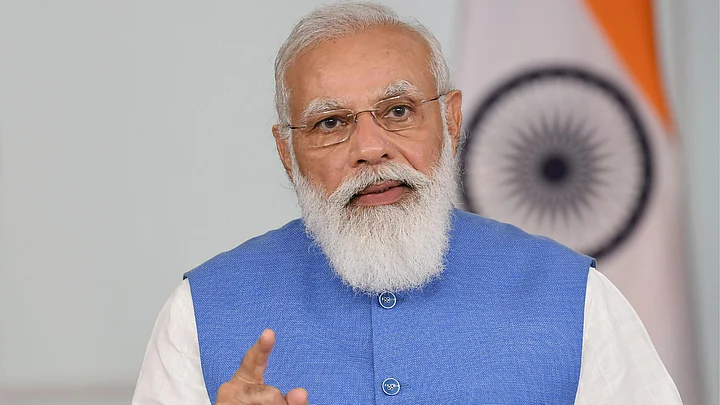Prime Minister (PM) Narendra Modi on Friday, 1 October, launched the second phase of the Swachh Bharat Mission – Swachh Bharat Mission-Urban 2.0 and AMRUT 2.0 – with an aim to turn all Indian cities ‘garbage free'.
Speaking in Delhi, the PM stated that in 2014, the countrymen took a pledge to make India open defecation free (ODF) and they fulfilled this pledge with the construction of more than 10 crore toilets.
"Now, the goal of 'Swachh Bharat Mission-Urban 2.0' is to make the cities Garbage-Free," Modi said, adding that the next phase of mission AMRUT is aimed at "improving sewage and septic management, making our cities water safe cities and ensuring that no sewage drains anywhere in our rivers".
At the event, which took place in the Ambedkar International Centre, the PM also referenced Ambedkar saying, "This 2nd phase is also an important step in fulfilling dreams of BR Ambedkar. It's our privilege that today's program has been organised at BR Ambedkar Center. He believed that urban development was pivotal to equality."
Speaking on the current waste management in the country, he added that India is processing about one lakh tonnes of waste every day. "When the country started the campaign in 2014, less than 20 per cent of the waste generated every day in the country was processed. Today we are processing about 70 per cent of daily waste. Now we have to take it to 100%," stated Modi.
The PM also hailed the younger generation's resolve in making the cleanliness campaign a success. Underlining the public participation towards the cause, he added, "Toffee wrappers are no more thrown on floors but kept in pockets. Kids alert elders not to litter around. The youth are taking initiative. Some are earning wealth from waste, while some are creating awareness. There is segregation of dry and wet waste, there's awareness."
(At The Quint, we question everything. Play an active role in shaping our journalism by becoming a member today.)
